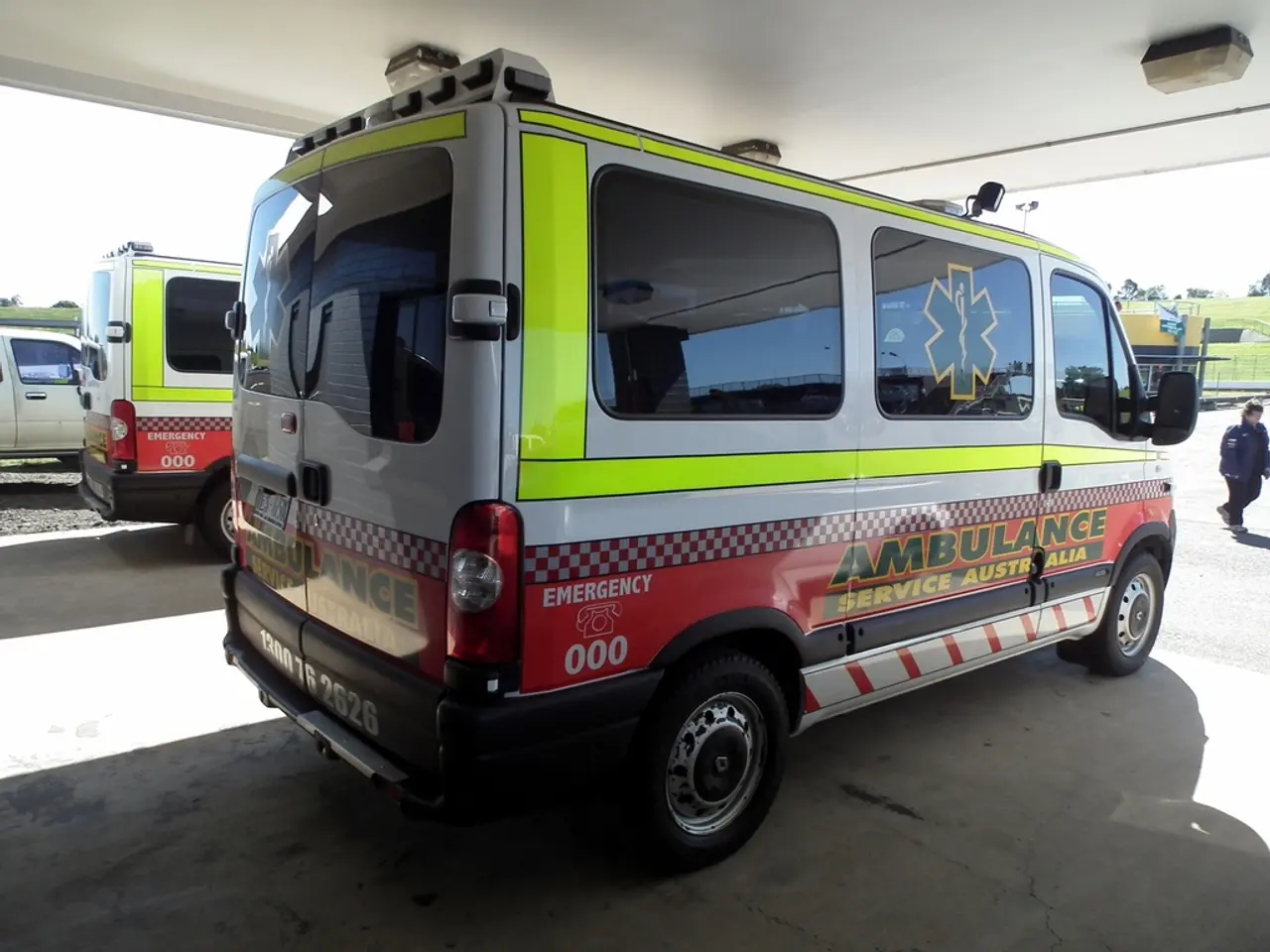Discussion in Podcast #1,078: The Survivors of Aircraft Mishaps and Acts of Terror – Factors and Explanations
In the latest episode of the AoM Podcast, Amanda Ripley, author of the acclaimed book "The Unthinkable: Who Survives When Disaster Strikes—and Why," delves into the intricacies of survival psychology during unexpected crises.
Ripley's book explores both individual and structural factors that influence human survival during emergencies. Individually, she highlights the psychological process she calls the "survival arc," which consists of three phases: denial, deliberation, and decisive action. The denial phase often sees individuals experiencing an initial hesitation or disbelief, trying to normalize the situation despite clear signs of danger. This is due to the brain's attempt to fit the disaster into familiar contexts to avoid panic, which can delay evacuation or other survival actions.
The deliberation phase involves assessing the situation and deciding what to do, while the decisive action phase is when survivors take concrete steps to escape or survive. Ripley's analysis integrates these individual psychological responses with social influences, structural/environmental factors, and more, providing insight into why some people survive disasters while others do not.
One of the surprising findings Ripley discusses is the phenomenon of passivity in emergency situations. Contrary to the common belief that panic is the primary threat, Ripley argues that inaction and failure to respond—passivity—is often more dangerous. She emphasizes the importance of training, situational awareness, and realistic preparation to improve individual decision-making and survival chances.
Structurally, Ripley emphasizes factors beyond individual psychology, such as the design and organization of physical spaces and emergency protocols, which can either help or hinder survival outcomes. Social factors also play a crucial role—including the influence of leadership, social norms about compliance or heroism, and group behavior patterns.
Ripley's work has been applied to various real-world scenarios, such as the World Trade Center attacks, where a surprising calm was observed among some survivors. This calm, Ripley explains, stems from psychological and social dynamics that influence whether people act heroically or compliantly in crises.
Listeners can subscribe to the AoM Podcast in the media player of their choice and download past episodes, including related discussions on the topic. For those interested in learning more about survival psychology, Ripley's book "The Unthinkable" is highly recommended.
[1] Ripley, Amanda. The Unthinkable: Who Survives When Disaster Strikes—and Why. Little, Brown and Company, 2009. [3] Ripley, Amanda. "The Surprising Calm of 9/11." The New York Times, 11 Sept. 2011, www.nytimes.com/2011/09/11/opinion/the-surprising-calm-of-911.html.
In the upcoming episode, Ripley will discuss holiday etiquette, answering questions about flying, hosting, regifting, and more. Stay tuned!
Ripley will delve into holiday etiquette in the upcoming episode of the AoM Podcast, addressing questions about flying, hosting, regifting, and more. Such skills, if harnessed appropriately, could significantly improve one's career style and social interactions during the festive season.
Amanda Ripley's book, "The Unthinkable," offers insights into survival psychology, science, and mental health, providing valuable lessons applicable to health-and-wellness and mental-health therapies-and-treatments. In her book, she underscores the importance of character and situational awareness during emergencies, challenging the conventional wisdom about human behavior in crises.
In addition to individual psychological factors, Ripley's work highlights the significance of career-related skills such as decision-making, preparation, and response in emergency situations. Embracing this wisdom could lead to improved fitness, health, and overall well-being.
Ripley's findings challenge the common belief that people in crisis are primarily afflicted by panic, arguing instead that passivity and failure to respond pose a more significant threat. This notion can be translated into various aspects of life, stressing the importance of proactivity and decisive action across multiple domains, including career and health.
In a broader sense, Ripley's research underscores the intrinsic connection between individual psychology, social influences, and structural factors in shaping outcomes during emergencies and beyond. This holistic view can potentially revolutionize perspectives on leadership, social norms, and group behavior patterns, fostering a new era of productivity, innovation, and resilience in our careers and daily lives.




